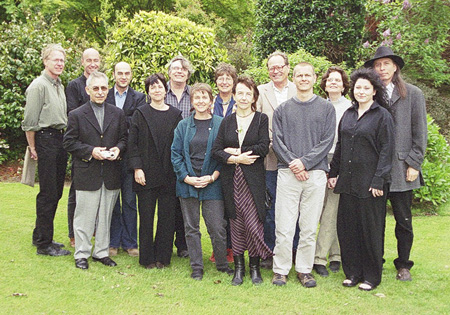Some take it to require advocacy from the anthropologist – that is, active political engagement. Others see it as necessitating an applied anthropology that tries to develop public policy. My understanding of a “public anthropology” is different, in keeping with the Wenner-Gren Foundation’s mission to support basic research. I prefer to speak of “anthropology in public,” and I mean by that the way in which basic research in anthropology gives us significant knowledge about conditions and situations in the public sphere. Like most anthropologists, I believe we have many (partial, perhaps transient, certainly lower-case) truths to impart on public issues from our ongoing research, and I have faith that we can discern important future directions for our research efforts. To take the measure of anthropology’s research accomplishments on the issue of heritage and to discern where next we should put our efforts these, then, are the objectives of the workshop.
Participants will no doubt address these broad issues through papers using the case materials they have generated in their specific research programs. Our discussions will work up from these most particular case materials to the most general perspectives, in keeping with anthropology’s skill (according to Clifford Geertz) at asking very large questions from very localized knowledge.
